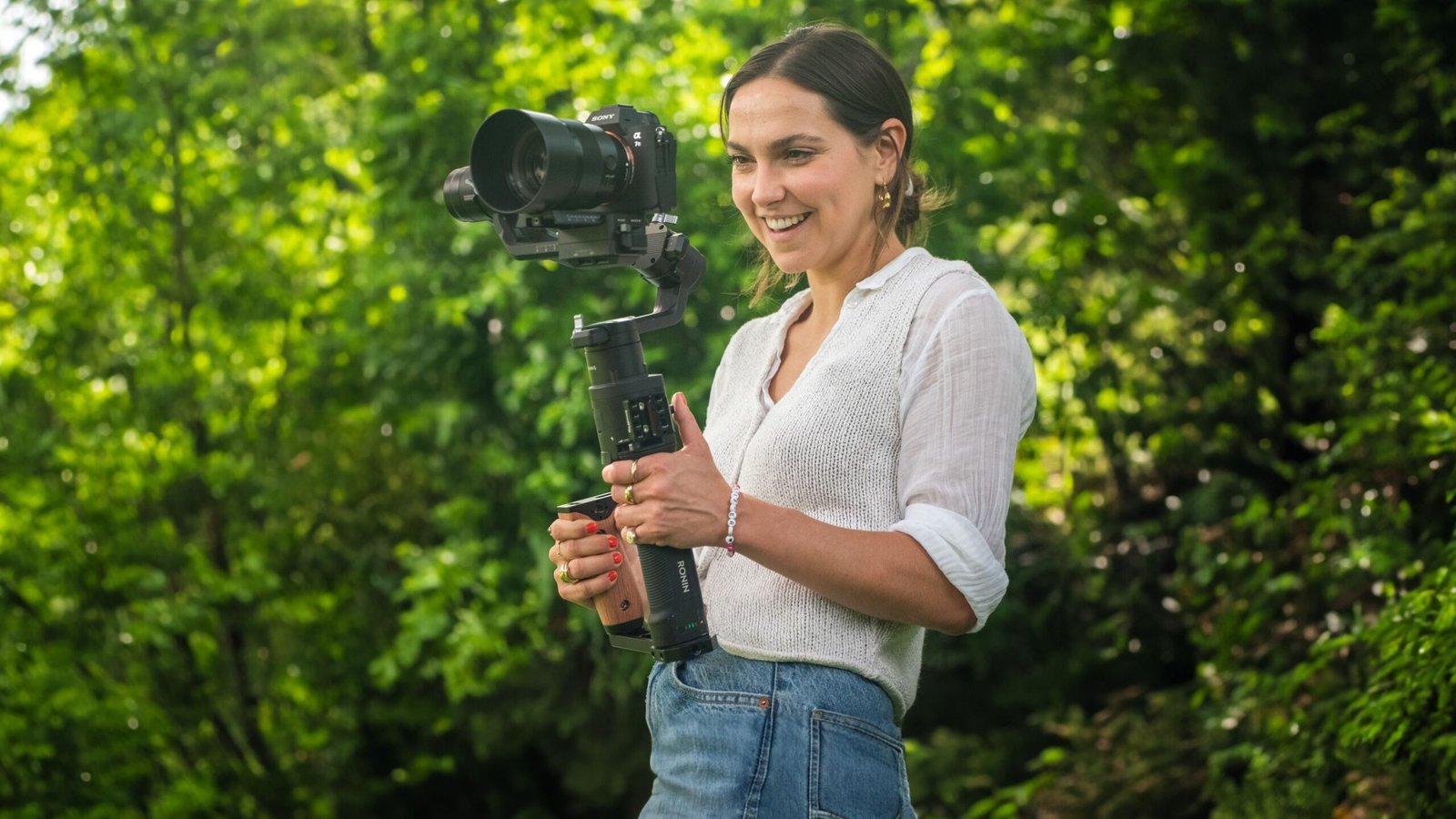Documentary filmmaking is an art form that combines the power of storytelling with the reality of real-life events. To create a compelling documentary, filmmakers must craft a narrative that engages viewers, delivers an impactful message, and presents authentic and meaningful content. Here are some essential tips for telling a compelling story through documentary filmmaking.
1. Find a Captivating Subject
The foundation of a compelling documentary is a captivating subject. Your subject should be engaging, relevant, and capable of drawing viewers in. Consider the following when choosing your subject:
- Unique Perspective:
Look for subjects that offer a unique or underrepresented perspective. This could be an untold story, a marginalized community, or an unusual aspect of a familiar topic. - Emotional Connection:
Choose subjects that evoke strong emotions or have personal significance. Emotional connections help viewers relate to the story and stay engaged. - Relevance:
Ensure your subject is relevant to current events or issues. Relevance can enhance the impact of your documentary and make it more appealing to a broader audience.
Tip: Spend time researching and exploring potential subjects to find one that resonates with you and your audience.

2. Develop a Strong Narrative Structure
A well-structured narrative is crucial for maintaining viewer interest and conveying your message effectively. Consider the following elements when developing your narrative:
- Clear Focus:
Define the central theme or message of your documentary. A clear focus helps guide the story and ensures that all elements contribute to the overall narrative. - Story Arc:
Create a story arc with a beginning, middle, and end. Introduce the subject, build up to the key points or conflicts, and provide a resolution or conclusion. - Character Development:
Develop the characters or subjects featured in your documentary. Show their personal stories, struggles, and growth to create a deeper connection with viewers.
Tip: Outline your narrative structure before filming to ensure a coherent and engaging story.
3. Capture Authentic and High-Quality Footage
Authenticity is a key element of documentary filmmaking. Your footage should accurately represent the subject and contribute to the narrative. Consider these tips for capturing high-quality footage:
- Be Prepared:
Plan your shots and anticipate potential challenges. Having a clear plan helps you capture the necessary footage and adapt to unforeseen circumstances. - Observe and Document:
Allow your subjects to act naturally and document their real-life experiences. Avoid staging scenes or influencing their behavior to maintain authenticity. - Use Good Equipment:
Invest in high-quality cameras, audio equipment, and lighting to ensure your footage is clear and professional. Proper equipment enhances the overall quality of your documentary.
Tip: Practice patience and persistence when filming. Authentic moments may take time to capture.
4. Conduct Meaningful Interviews
Interviews are a crucial component of documentary filmmaking. They provide insights, personal stories, and expert opinions that enrich your narrative. Here’s how to conduct effective interviews:
- Prepare Thoughtful Questions:
Develop questions that elicit detailed and meaningful responses. Avoid yes/no questions and focus on open-ended questions that encourage storytelling. - Create a Comfortable Environment:
Ensure your interviewee feels comfortable and at ease. A relaxed environment fosters open and honest communication. - Listen Actively:
Listen carefully to your interviewee’s responses and be prepared to ask follow-up questions. Active listening helps you gather valuable information and build rapport.
Tip: Build a connection with your interviewees to gain their trust and encourage candid responses.
5. Edit with Purpose
Editing is where your documentary comes to life. It’s crucial to edit with purpose and ensure that every element serves the narrative. Consider these editing tips:
- Create a Cohesive Story:
Arrange your footage in a way that supports the narrative structure. Ensure that transitions between scenes are smooth and logical. - Use Music and Sound:
Incorporate music and sound effects to enhance the mood and emphasize key moments. Choose audio that complements the content and reinforces the emotional impact. - Trim Excess Footage:
Be selective with your footage and remove any unnecessary or redundant content. Keeping the focus tight ensures a more engaging and impactful documentary.
Tip: Review your edits with fresh eyes and seek feedback from others to ensure clarity and coherence.
6. Engage with Your Audience
Engaging with your audience is essential for creating a lasting impact. Consider these strategies to connect with viewers:
- Craft a Strong Opening:
Start your documentary with a compelling introduction that grabs attention and sets the stage for the story. - Include Visuals and Graphics:
Use visuals, graphics, and statistics to support your narrative and provide additional context. Engaging visuals can help explain complex concepts and enhance viewer understanding. - Encourage Discussion:
Promote discussion and interaction around your documentary. Encourage viewers to share their thoughts and experiences related to the subject matter.
Tip: Utilize social media and other platforms to reach a wider audience and foster engagement.
7. Stay True to Your Vision
While it’s important to consider feedback and audience reactions, staying true to your vision is crucial for creating a meaningful documentary. Balance artistic integrity with practical considerations to ensure your documentary remains authentic and impactful.
- Stick to Your Message:
Ensure that your documentary aligns with the central message and themes you intended to convey. Avoid compromising your vision for external pressures. - Trust Your Instincts:
Rely on your instincts and creative judgment throughout the filmmaking process. Your unique perspective and approach are what make your documentary stand out.
Tip: Reflect on your goals and motivations for creating the documentary to stay focused and inspired.
Conclusion
Documentary filmmaking is a powerful medium for telling compelling and impactful stories. By finding a captivating subject, developing a strong narrative, capturing authentic footage, conducting meaningful interviews, and editing with purpose, you can create a documentary that engages and resonates with your audience. Remember to stay true to your vision and engage with your viewers to make a lasting impact. With these tips, you’ll be well on your way to crafting a compelling documentary that tells a story worth sharing.









